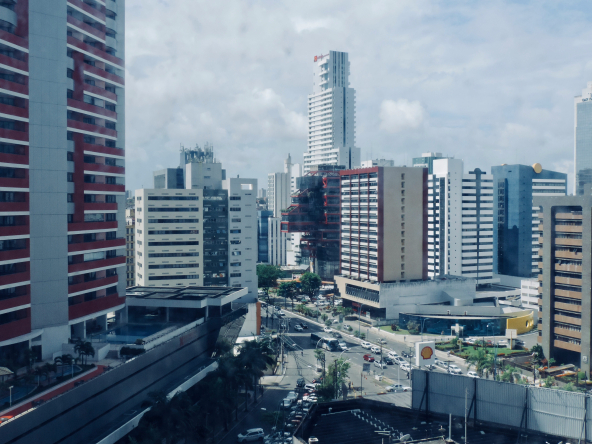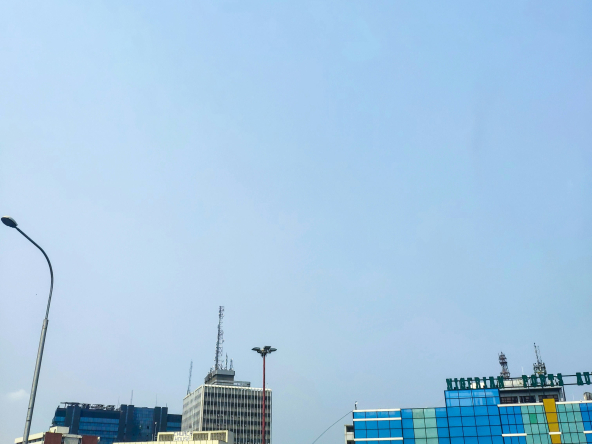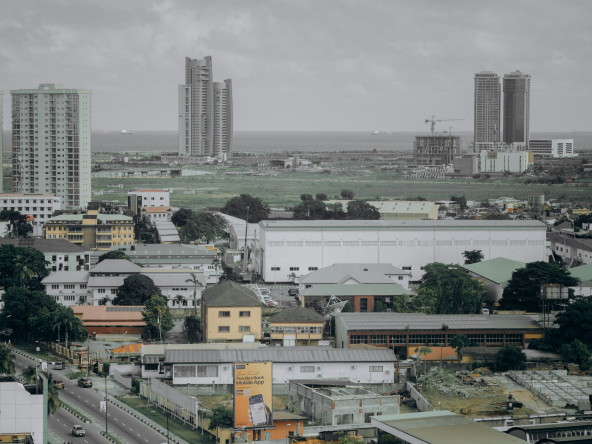The Nigerian Real Estate Industry has undergone more transformations than a Big Brother Naija finalist. From the colonial-era land ownership drama to the Lagos State Development and Property Corporation (LSDPC) addressing early housing shortages, and the Land Use Decree of 1978 that altered property rights forever, real estate has consistently reflected Nigeria’s social and economic narrative.
But now? We’re in our tech-savvy, innovation-driven era. The 2020s have ushered in a wave of digital tools, smarter designs, and flexible ownership models reshaping how people live, invest, and manage property. Here are the top 5 real estate trends shaping Nigeria’s property market in 2025.
1. Smart and Sustainable Housing
Once upon a time, “Up NEPA!” was our version of a smart home alert. That single shout could notify the entire street that the light was back on. But those days are fading fast.
Homeowners are now leaning towards solar-powered systems, smart energy management, and eco-friendly materials that reduce long-term costs and carbon footprints. Sustainability is no longer just a buzzword, it’s a lifestyle choice. From solar rooftops in Lekki to rainwater harvesting systems in Abuja, green living is officially trending.
2. The Rise of Mixed-Use Developments
Who wants to fight traffic from work to home when your building can be both? Nigerians are increasingly drawn to mixed-use spaces, where living, working, shopping, and leisure all coexist in one location.
These modern developments cater to the need for urban convenience and lifestyle efficiency, featuring everything from rooftop lounges to co-working spaces and gyms. Developers are responding to the demand for flexible, multifunctional spaces that make city life smoother and more enjoyable.
3. The Boom of the Shortlet Market
If there’s one thing that’s redefining urban real estate right now, it’s the shortlet apartment boom, especially in megacities like Lagos and Abuja. With the rise of “Detty December” culture and a surge of both local and international tourists visiting Nigeria for holidays and events, short-term rentals have become the new goldmine.
Homeowners are cashing in by turning their apartments into luxury stays, while developers are designing properties specifically for short-term leasing. In Lagos, prime areas like Lekki, Victoria Island, and Ikoyi are seeing massive shortlet demand, blending real estate with hospitality, lifestyle, and social experiences.
Whether it’s a weekend getaway, a month-long business trip, or a full-on festive staycation, shortlets are giving hotels a serious run for their money.
4. Payment Plans and the New MREIF Mortgage Scheme
Owning a home in Nigeria no longer feels like an impossible dream. Developers are introducing flexible payment plans that allow buyers to spread payments over time, from 6 months to even 5 years, making homeownership more attainable for working professionals.
Even better, the Federal Government’s new Mortgage and Real Estate Investment Fund (MREIF) is set to revolutionize housing finance in 2025. With low-interest mortgage loans and simplified eligibility requirements, the MREIF is designed to help Nigerians, especially first-time buyers, acquire homes without drowning in debt.
Together, these innovations are changing the housing game, bringing more Nigerians into the world of property ownership with practical, pocket-friendly solutions.
5. The PropTech Revolution
If there’s one thing transforming real estate faster than Lagos traffic, it’s PropTech, property technology. From virtual reality tours and AI-powered facility management to smart access control and energy tracking, tech is now at the heart of real estate operations.
Platforms like Est8plus are leading this evolution, integrating smart building systems that let residents manage everything from access gates to energy bills digitally. The result? Estates that are smarter, safer, and more connected than ever before.
Final Thoughts
The Nigerian real estate industry in 2025 is no longer business as usual, it’s tech-forward, lifestyle-driven, and full of opportunity. From smart homes to shortlets, flexible payments to PropTech innovation, the future of property in Nigeria is shining bright.
For homeowners, investors, and developers, staying ahead of these trends isn’t just about keeping up, it’s about tapping into the next wave of real estate evolution.
Photo By Ima Enoch




